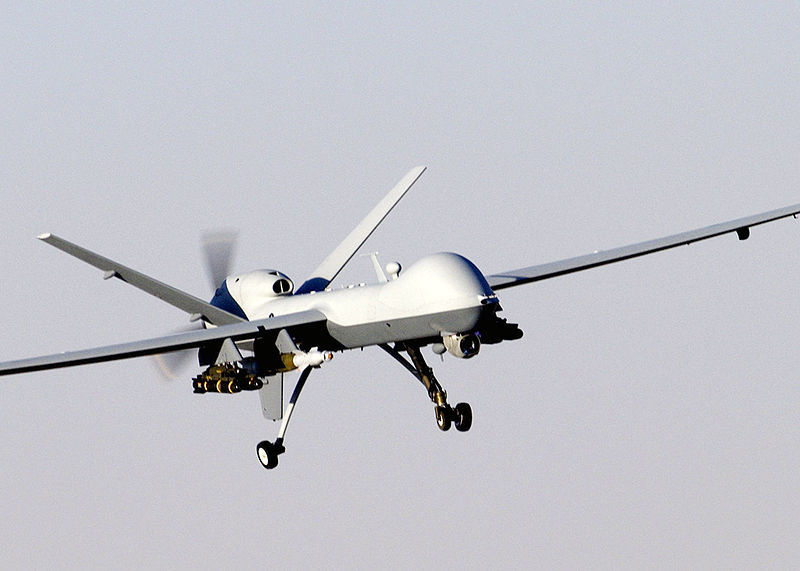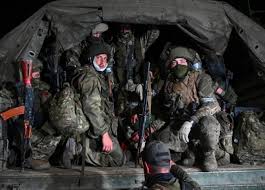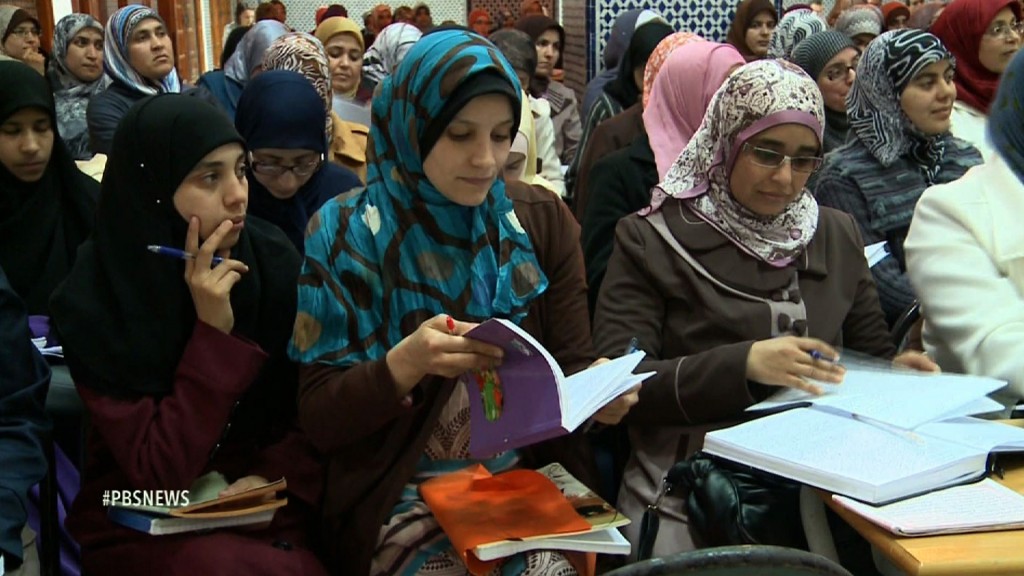Across Africa, a flood of cheap imported drones is fueling conflicts, filling the skies with new dangers, making the warfare deadlier and more indiscriminate, thus increasing civilian casualties.
Thanks to the proliferation of easy-to-obtain drones, by some estimates, thousands of African civilians have been killed by the so-called unmanned aerial vehicles (UAVs) in the past three years, according to a report by The Globe and Mail, a Canadian newspaper. Markets, schools, markets, hospitals, weddings, funerals and civilian vehicles have all been hit by poorly targeted drone strikes, usually with little explanation, or later acknowledged as mistakes. African armies and rebel militias see the drones — which can be imported for as little as US$1-million each, making them far cheaper than any warplane — as a highly useful and attractive asset.
They are often eagerly supplied by authoritarian states, including China, Iran or Turkey, which are keen to build their political influence on the continent, whereby African militaries are turning to their affordable drones to fight insurgencies, according to a recent report by Coda Media, a non-profit newsroom dedicated to exploring the roots of major global crises. “But the checks and balances aren’t there to prevent civilian casualties,” the report says, referring to one such high-profile case that occurred in Nigeria’s Kaduna State on 3 December last year. In what was one of the West African country’s worst airstrike errors, the Nigerian military has acknowledged its drone accidentally struck a village in northwest Kaduna State, killing 85 residents as they celebrated a Muslim festival.
“Drones cause disasters when there’s a fault in the intelligence pipeline,” said Murtala Abdullahi, an independent intelligence consultant based in northern Nigeria. But “it’s not just Africa. There’s currently little to no conversation on how intel pipelines can be made better to prevent issues like this,” says Nate Allen from the Africa Center for Strategic Studies, a US-funded think tank. “To the best of my knowledge, there’s no consensus or policy around drone production, sales or use. It’s a new tech and like others [it] just needs all these regulations and ethical considerations to work better.”



